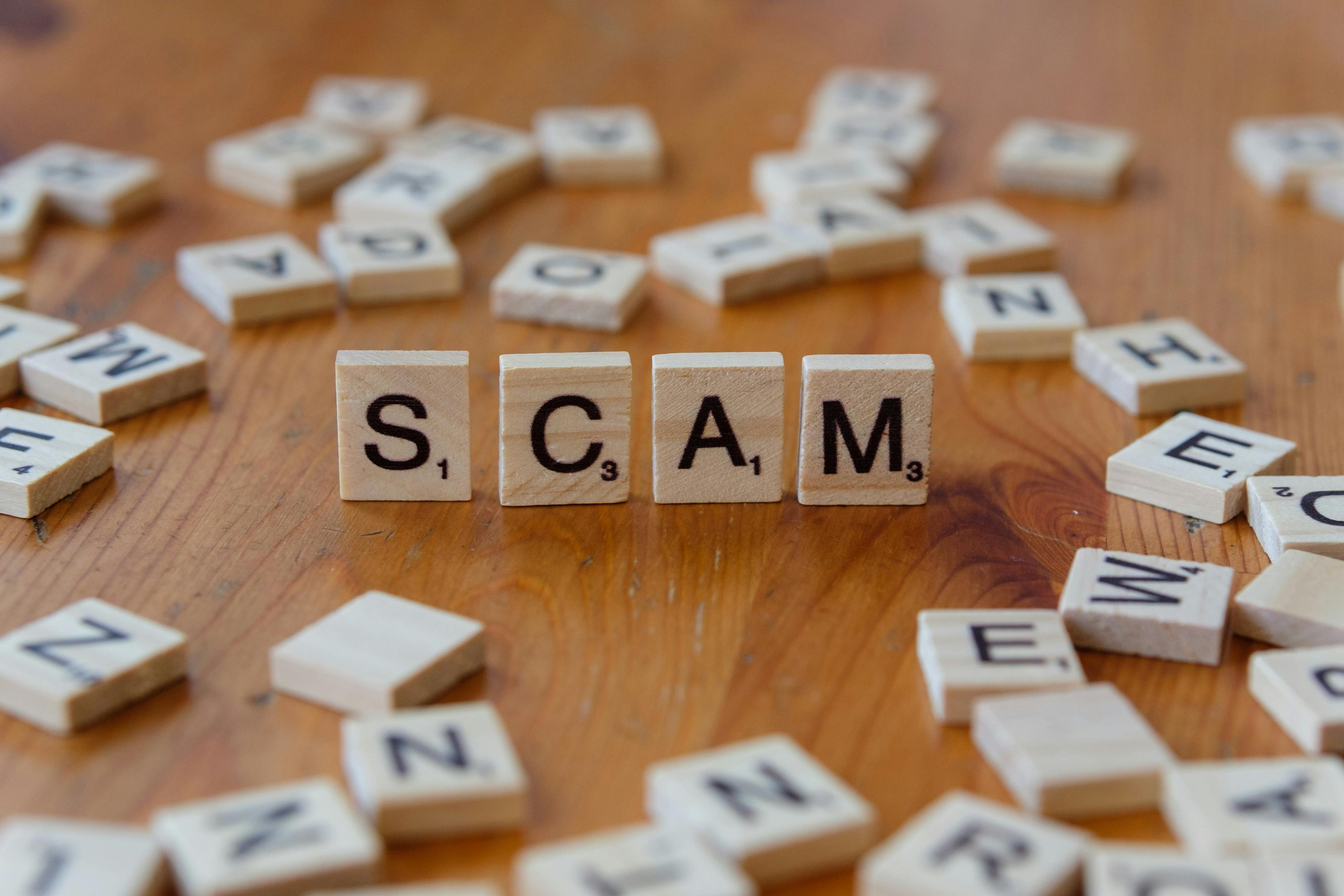
Essential Guide to How to Repel Wasps Naturally in 2025 - Discover Proven Techniques
As the warm weather approaches, many people begin to worry about the buzzing pests that come with it: wasps. These insects can become a nuisance, especially during outdoor activities. Understanding how to repel wasps naturally is crucial for maintaining a pleasant outdoor experience. This comprehensive guide dives deep into effective wasp deterrent methods, from DIY traps to natural repellents, ensuring you can enjoy your space without pests invading. Here, we will explore various solutions, including essential oils, vinegar, and protective measures, while also emphasizing environmentally friendly alternatives.
The importance of effective wasp control cannot be overstated, particularly for those who enjoy outdoor dining or social gatherings. By understanding wasp nesting habits and behaviors, you can take proactive steps to keep these buzzing intruders away. This article will not only cover how to keep wasps at bay but also share preventative strategies, methods of identification, and what to do in the event of a wasp infestation. Expect expert tips alongside creative DIY options to help create an insect-free environment.
Get ready to discover the essential methods on how to repel wasps naturally and ensure your outdoor spaces are safe and enjoyable. Let’s dive into the effective strategies for managing these pesky insects!

Understanding Wasp Behavior and Nesting Habits
Building on the importance of effective wasp control, understanding wasp behavior is paramount for both prevention and management. Wasps are social insects that typically nest in areas sheltered from the elements, such as tree branches, attics, or under eaves. Knowing their nesting habits can help you identify potential problems before they escalate.
Wasp Species Identification
Identifying different wasp species is crucial for implementing effective management techniques. Common species such as yellow jackets and paper wasps require different strategies for control. Yellow jackets, for instance, are known for their aggressive nature, particularly when protecting their nests. Understanding what attracts wasps can further assist in preventing them from settling near your home.
Signs of a Wasp Infestation
Common signs of a wasp infestation include increased wasp activity around your yard or nesting sites. Look for visible nests and listen for buzzing sounds near eaves or trees. If you notice consistent wasp presence, it’s vital to take immediate action. This knowledge can guide your preventative measures and help protect your family.
The Best Time to Repel Wasps
Timing is everything when managing wasp populations. Early spring is optimal for eliminating nests before they become fully established. As wasps become more active during warmer months, knowing when and how to repel them can keep your outdoor areas peaceful.
Common Myths About Wasps
There are numerous misconceptions about wasps, including the idea that they are all aggressive and harmful. Understanding these myths versus facts can improve your approach to dealing with wasps. For example, while some wasps do sting, others play essential roles in pollination and pest control.
With these fundamentals established, let’s explore various natural wasp repellents that can effectively reduce their presence around your home.
Natural Wasp Repellents That Work
With an understanding of wasp behavior, let's discuss effective natural wasp repellents. Utilizing items you likely have at home can be an eco-friendly solution to repel wasps. These methods not only offer immediate relief but also contribute to an overall strategy for creating a wasp-free environment.
Using Essential Oils for Wasp Deterrence
Essential oils are potent natural repellents. Oils like peppermint, citronella, and clove can deter wasps effectively. To create a spray, mix essential oils with water in a spray bottle and apply it around areas where wasp activity is high. Peppermint oil, in particular, is noted for its effectiveness against many insects, including wasps.
Vinegar as a Wasp Repellent
Vinegar is another household item that can repel wasps. Its strong scent is off-putting to these insects. A mixture of vinegar and water can be sprayed in areas where wasps are commonly seen. Additionally, placing vinegar traps can help catch strays while providing insight into wasp activity around your property. For an effective trap, mix vinegar with sugar in a jar and place it strategically outdoors.
Creating Fake Nests
Wasps are territorial and often avoid areas where they perceive other colonies. Hanging fake nests can be a simple yet effective way to deter wasps. You can create one using brown paper bags hung in your yard to mimic the appearance of a wasp nest. This strategy convinces wasps that the area is already claimed, prompting them to go elsewhere.
Homemade Wasp Traps
DIY traps can be an excellent way to control wasp populations without relying on chemicals. Use a plastic bottle, cut it in half, and invert the top half into the bottom half, adding a sweet liquid bait like fruit juice or soda. This simple trap effectively lures wasps in while preventing their escape.
By utilizing these natural wasp repellents, you can manage wasp populations and create a more enjoyable outdoor space. The next step is to learn practical outdoor wasp prevention strategies that will reinforce your efforts.

Practical Outdoor Wasp Prevention Strategies
Following natural deterrents, it’s important to implement practical outdoor prevention strategies. These methods will enhance your ability to keep wasps away while enjoying your outdoor spaces.
Keeping Food Covered Outdoors
When hosting outdoor events, be mindful of food placement. Wasps are attracted to sweet scents, so covering food and cleaning spills promptly can deter them from joining your gathering. Use airtight containers and remember to keep the trash bins sealed to minimize attractants.
Choosing Wasp-Friendly Plants
While gardening, selecting plants that deter wasps can be beneficial. Certain flowers such as marigolds and herbs like basil can naturally repel these insects. Avoiding plants known to attract wasps, such as fruit trees and certain flowering shrubs, can further enhance your outdoor space.
Using Protective Clothing
If you are working in a wasp-prone area or attending outdoor events, wearing protective clothing can prevent stings. Light-colored clothing makes you less appealing to wasps compared to dark colors. Additionally, avoid floral prints that may attract these insects.
Wasp Traps and Bait Solutions
Utilizing effective wasp traps plays a vital role in outdoor prevention. Invest in commercial traps that attract and eliminate wasps. Alternatively, homemade traps can also prove effective. Baiting your traps with sweet liquids can make them irresistible to wasps, ensuring an ongoing management strategy.
Implementing these practical strategies will significantly contribute to maintaining a wasp-free outdoor environment. Now, let's look at how to deal with wasps responsibly, particularly when infestations arise.
Dealing with Wasp Infestations Responsibly
In cases where natural remedies are not enough, understanding how to deal with wasp infestations becomes essential. Taking responsible actions ensures safety while addressing pest populations effectively.
Identifying When to Call a Professional
While many DIY methods can manage wasps, some situations may require professional intervention. If you encounter a large nest or persistent wasp problem, it’s important to consult with pest control experts. They can provide targeted removal strategies without compromising safety.
Understanding Wasp Nest Removal Techniques
Should you choose to remove a wasp nest yourself, it's crucial to follow safety guidelines. Wear protective clothing and choose a time during evening when wasps are less active. Apply essential oils or sprays directly on the nest for added effectiveness during removal.
Monitoring and Ongoing Management
After resolving an infestation, ongoing management is necessary for preventing future problems. Regularly check areas around your property for signs of wasp activity and adjust your prevention methods accordingly.
Educating Others About Wasp Safety
Share your knowledge about wasp safety practices with friends and family. Conducting educational discussions can foster awareness, leading to proactive measures within your community and reducing wasp populations collectively.
Through responsible management, you can effectively minimize the presence of wasps. To further enrich your understanding, let’s answer some common questions regarding wasp control and effective deterrents.
Common Questions about Wasp Control
What are the most effective natural repellents for wasps?
Natural repellents include essential oils such as peppermint and citronella, vinegar solutions, and fake nests. Combining these methods enhances their effectiveness in keeping wasps at bay.
How can I identify a wasp nest?
Wasp nests are typically papery and may be found hanging from trees or sheltered spots around your property. They can also be located in wall voids or attics.
Are homemade wasp traps reliable?
Yes, homemade wasp traps can be quite effective. Combining sweet baits with proper trap designs attracts wasps while limiting their escape.
How can I prevent wasps while hosting outdoor events?
Ensure food is covered, keep trash secured, and opt for wasp-repelling plants in your garden. Creating a pleasant atmosphere with minimal attractants can help.
When should I consider professional wasp removal?
If DIY methods are ineffective or if you're dealing with a significant infestation, it's best to consult with pest control experts for safe and effective removal solutions.
Understanding how to manage wasps and utilizing effective is critical for creating enjoyable outdoor spaces. This comprehensive guide contains the insights and tools to help you repel wasps naturally.
For further information on pest management techniques and other pest control options, check out this article and here for extensive insights.